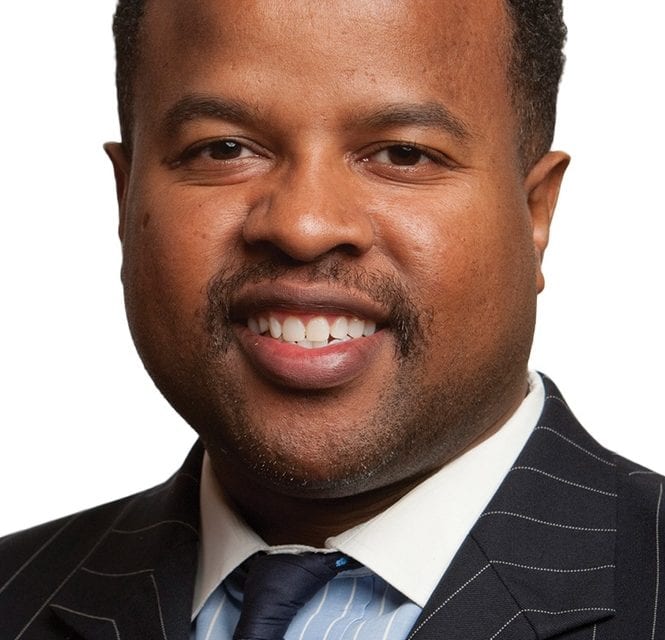Diverse coalition speaks out against numerous anti-LGBT bills at Capitol

Texas lawmakers and the head of the Texas Association of Business joined with civil liberties organizations today (Tuesday, April 7) at a press conference warning against numerous bills filed this year that promote discrimination against LGBT Texans.
Sen. Rodney Ellis, D-Houston, and Rep. Rafael Anchia, D-Dallas, say they are worried about at least 20 bills that would allow, promote or even require discrimination against LGBT Texans.
“These bills allow people to be fired from their jobs, evicted from their homes, denied public services the rest of us take for granted, and even turned into criminals simply because of who they are and whom they love,” Ellis said. “The Texas I love is better than that. This debate isn’t about businesses not serving someone they might object to, as that minimizes the seriousness of what’s at stake here.”
They also voiced concerns over two bills that they say would burden taxpayers, businesses and the LGBT community.
Currently three resolutions would expand the state’s Religious Freedom Restoration Act, which the Legislature passed with an overwhelming bipartisan majority in 1999, is sufficient. Like the federal RFRA, it protects religious liberty from government overreach while including provisions to ensure that civil rights protections against discrimination aren’t undermined.
All 20 proposed bills in Texas this year, on the other hand, are unnecessary for protecting religious freedom and would allow, and sometimes even require, discrimination or harm to others, Ellis said.
Rep. Anchia warned that the proposed bills would undermine or even sweep away nondiscrimination ordinances put in place in major cities across the state, including Dallas and Fort Worth.
“By undoing these protections, the Legislature would be sending a message that local control isn’t as important as some of my colleagues have long said that it is,” Anchia said. “They would be saying to the rest of the country that discrimination against our neighbors, our friends, our family members is more important. My own city and many others across the state have decided against that kind of discrimination, and the Legislature shouldn’t undermine our cities’ economic well being or our citizens’ civil liberties.”
The message to the rest of the country particularly concerns business leaders, said Bill Hammond, chief executive officer of the Texas Association of Business.
“Either of these two amendments would bring the same backlash to Texas,” Hammond said. “They also would lead to potentially enormous litigation costs, hurt our efforts to attract businesses and tourism dollars that keep our economy growing, and make it harder for employers to enforce laws and company policies barring discrimination against their workers and customers. Texas is a magnet for new businesses, talent and visitors. This legislation would immediately threaten our solid brand.”
Reached by phone, Rep. Ron Reynolds, D-Fort Bend County, urged activists to keep the pressure on legislators.
Among those legislators is Rep. Matt Krause, R-Fort Worth, who authored HJR 125 and spoke with the Voice last week about the legislation.
Reynolds said Krause and others “are hiding behind a smoke screen. They may say discrimination is not the purpose of the bill but we also saw that with the debates over voter ID laws and the sonogram bill. They said those bills were about ‘voter integrity’ and ‘safety’ but they were really about voter suppression and closing down Planned Parenthood. They’re never gonna admit it but that’s what it is.”
“If so many people hadn’t read the bills in Indiana and Arkansas, then activists would’ve never turned it around until it was too late,” he said. “Grassroots activists and business were key to the outcry over both Indians and Arkansas’ bills. It’s imperative to stay informed.”
Sustaining the momentum against the bills could make Abbott and other legislators rethink their support of the legislation, Reynolds added.
“I don’t want to see Texas go down a slippery slope. I don’t see what happened in Indiana happen here, “ he said. “We’re a conservative state, but you can be conservative and not discriminate.
“Let’s not let this be a black eye on the state,” he said.
















